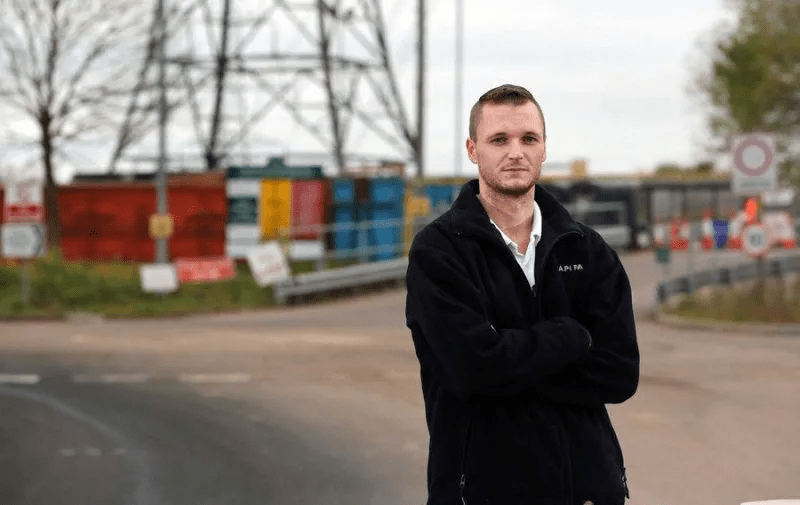Welsh engineer ends 12-year quest to find lost Bitcoin hard drive

James Howells, a 40-year-old computer engineer from Newport, Wales, has canceled his long-standing efforts to recover a hard drive he threw into a landfill in 2013. The device contains the private keys to 8,000 Bitcoins (BTC), which are now worth approximately $950 million.
The 12-year search has finally come to an end
In August 2013, Howells discovered the mistake. At the time, his partner mistakenly treated the drive as trash, dragging it alone to the Newport landfill in a black garbage bag. He immediately contacted the Newport City Council and expressed his willingness to share up to 25% of the recovery funds. However, environmental regulations and permitting barriers thwarted his plans at every turn. After multiple appeals and judicial reviews, a UK court ruled that once the drive entered the landfill, ownership transferred to the city council. Therefore, any excavation activities would violate environmental permits and potentially cause ecological damage.
Legal and environmental barriers
Howells proposed to fund the entire excavation at an estimated cost of £10 million to pay for professional equipment and site disruption. However, the High Court dismissed his request, stating that there was no viable way to retrieve the hard drive from the specific 'cell' within millions of tons of compacted waste. Moreover, experts warned that electrochemical corrosion and landfill compression likely compromised the hard drive's data layer. 'I have to admit, this time, it is irretrievable,' Howells told supporters in a public statement this week.
A course on self-custody of cryptocurrencies
Howells' story highlights a key fact about blockchain: if you lose your private key, you lose your Bitcoin. Without proper backups, your digital wealth could disappear forever. For example, one user shared his experience of keeping a paper backup in a fireproof safe after hearing Howells' story.
For any cryptocurrency holder, key points include:
Store backups in multiple secure locations, such as safes or encrypted cloud services. Use redundant storage devices to prevent hardware failures or accidental disposal. Regularly verify that backup methods are still effective, especially after device upgrades or relocations.
By learning this story, investors can balance the decentralization and personal responsibility required by self-custody.
#加密总市值创历史新高 #BTC重返12万 #ETH突破4300 #币安Alpha上新 #MichaelSaylor暗示增持BTC